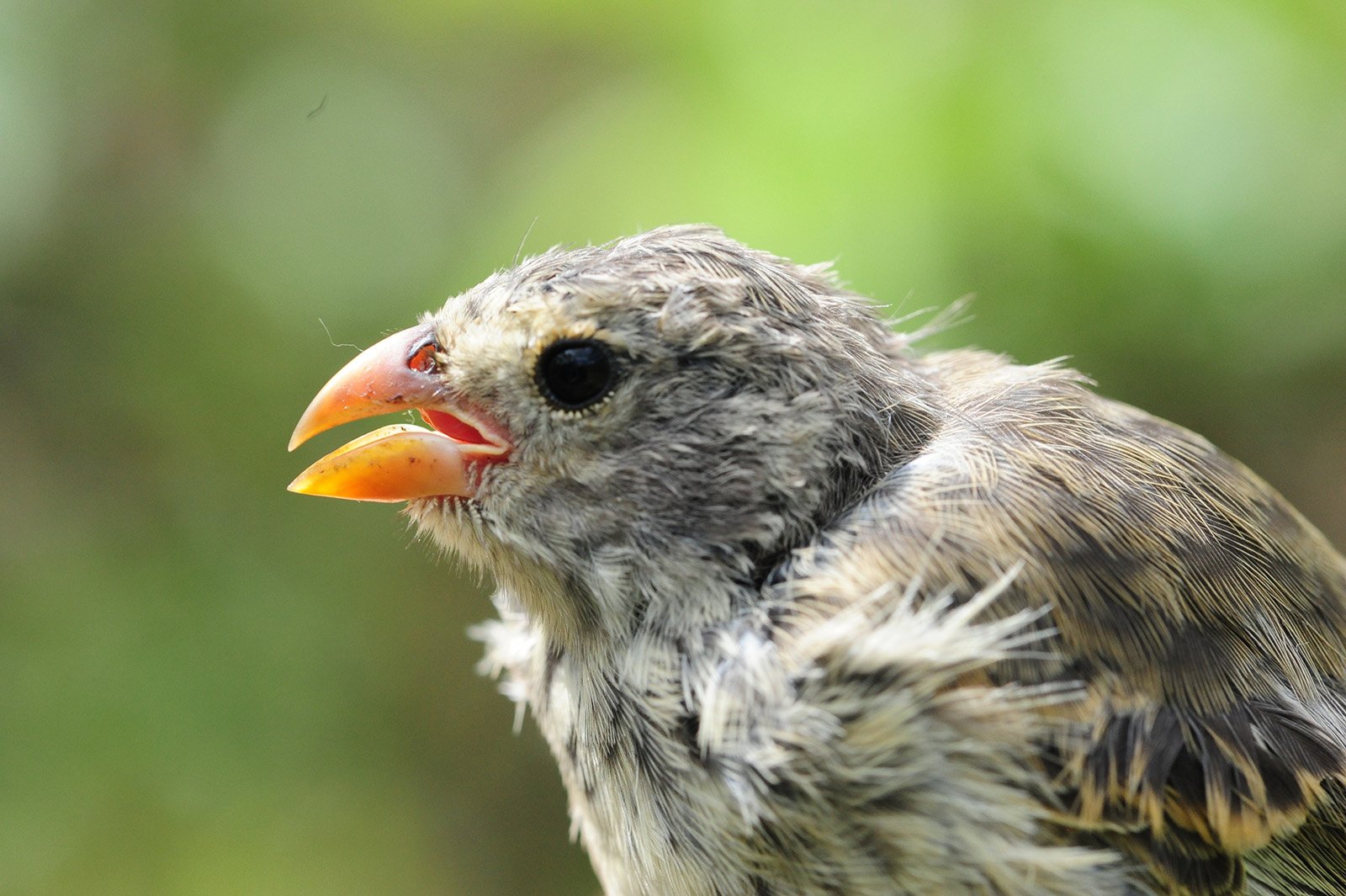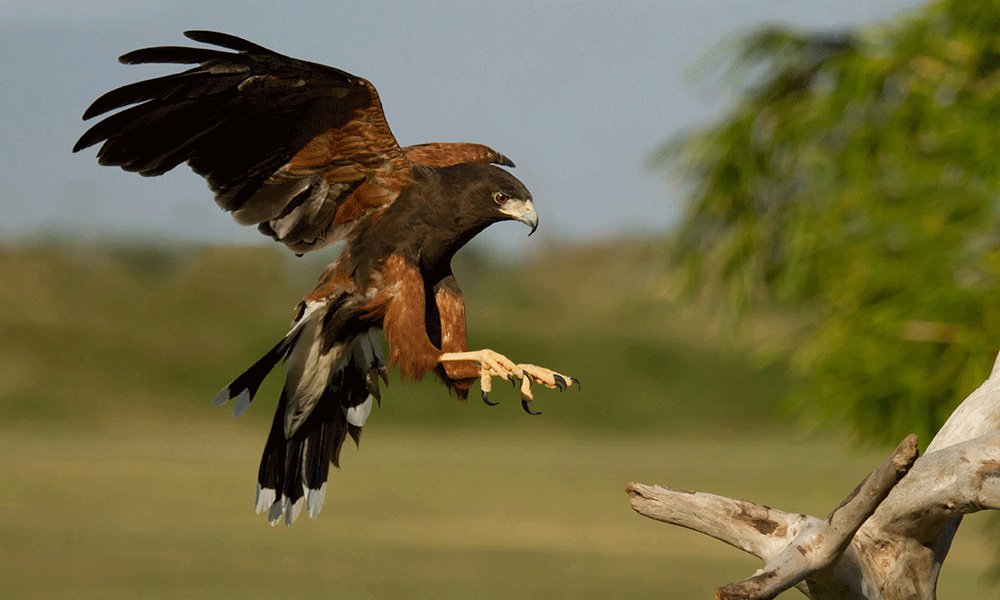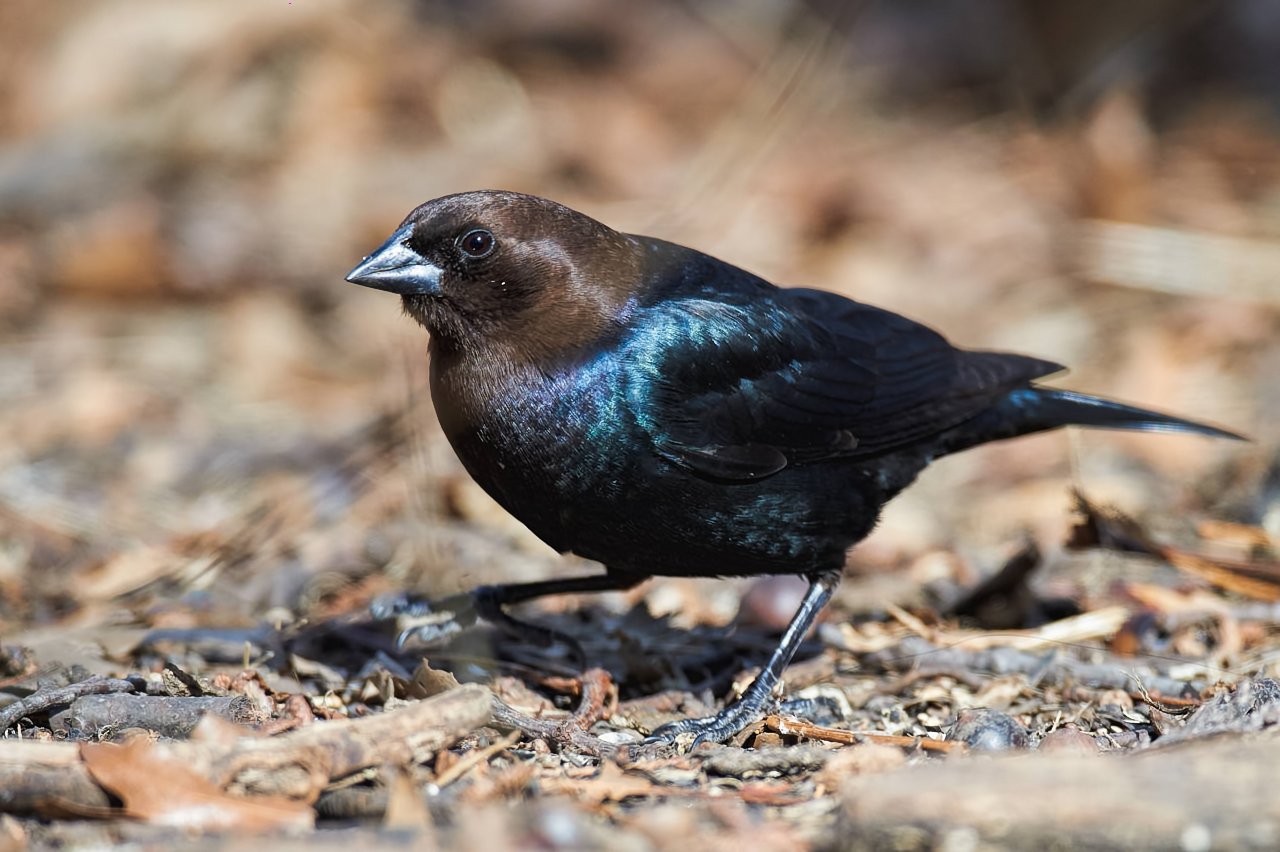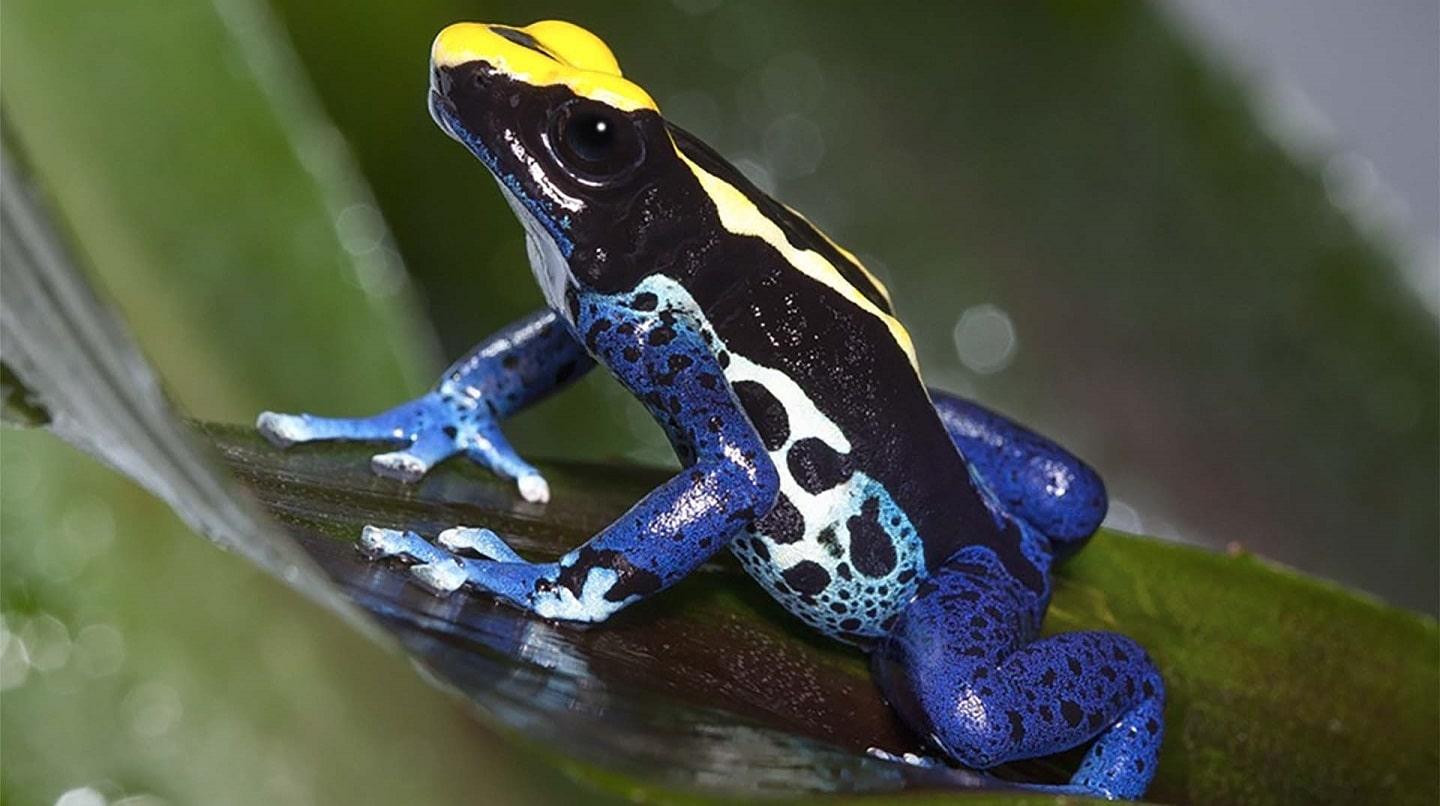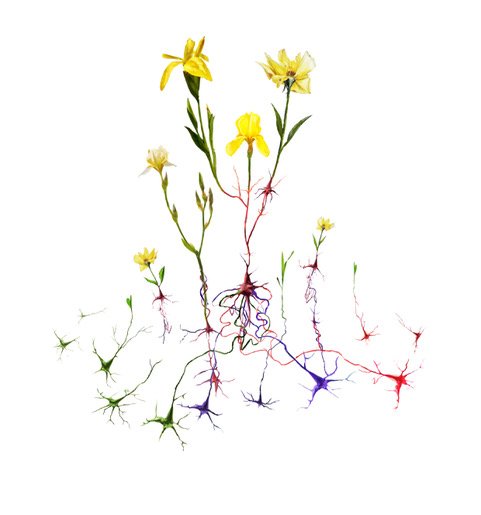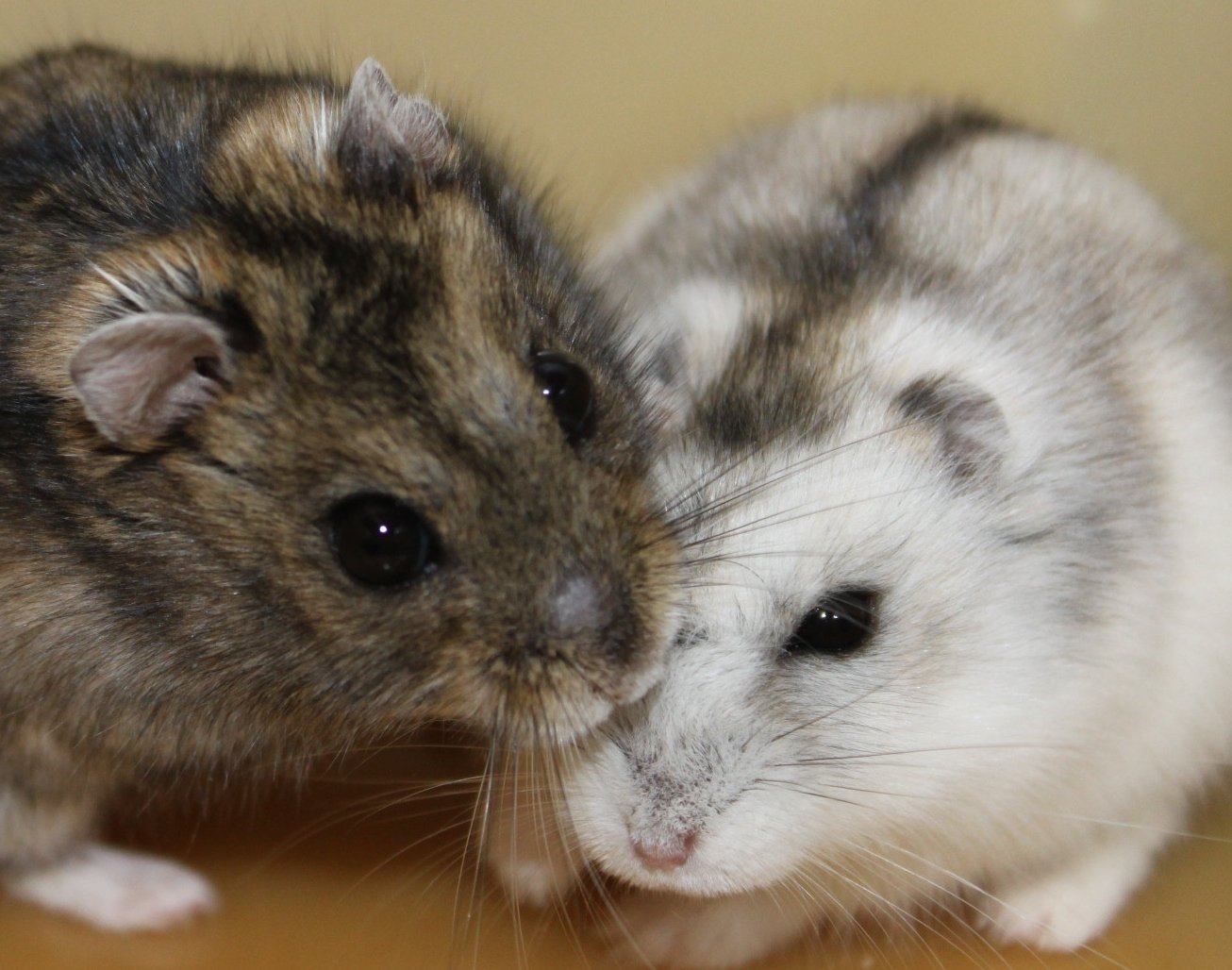Evolutionary discovery to rewrite textbooks
Scientists at The University of Queensland have upended biologists’ century-old understanding of the evolutionary history of animals. Using new technology to investigate how multi-celled animals developed, their findings revealed a surprising truth. Professor Bernie Degnan said the results contradicted years of tradition. “We’ve found that the first multicellular animals probably weren’t like the modern-day sponge … Read more

